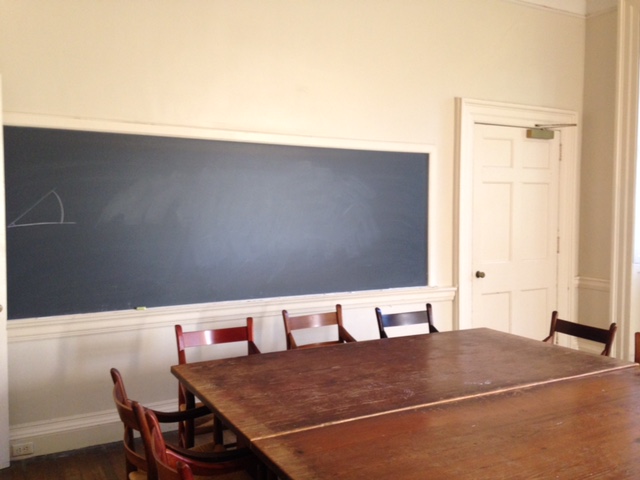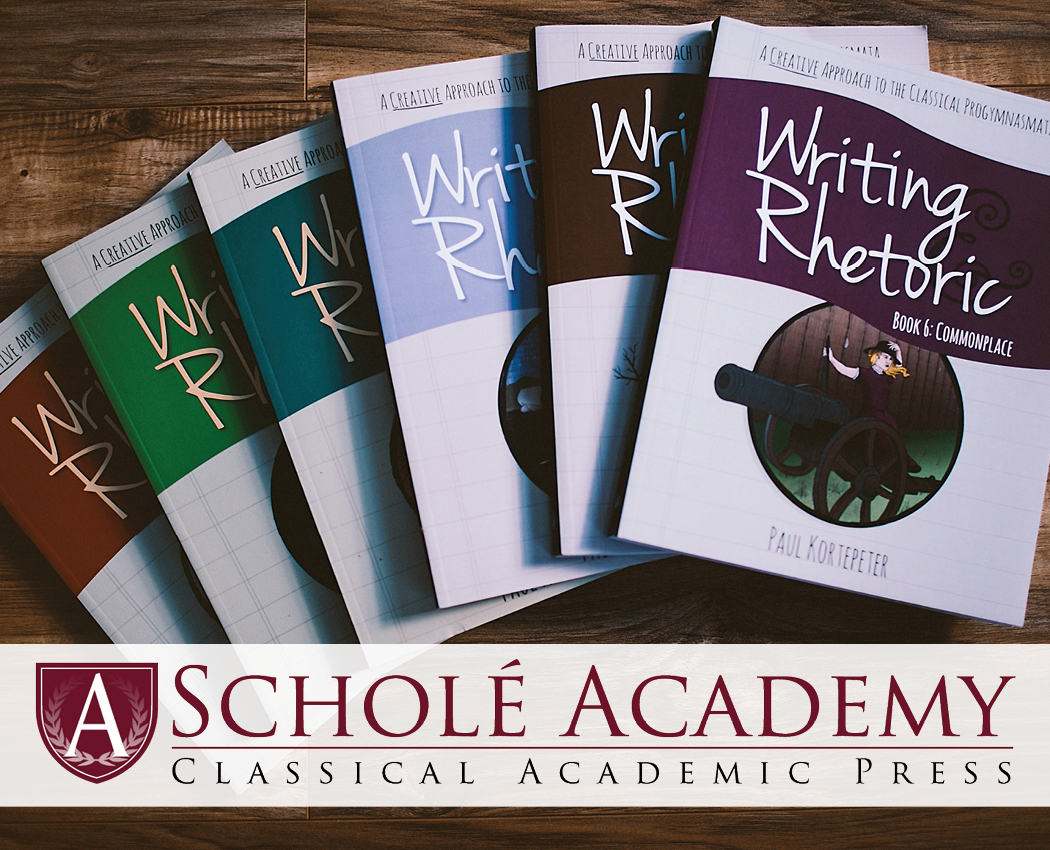
Let’s Pause a Moment
 It won’t surprise many of you to hear that I am continuing to read, think, and write about . . . restful learning. I am working on a new book, likely to be titled Learning from Rest, which will follow and complement Sarah Mackenzie’s Teaching from Rest.
It won’t surprise many of you to hear that I am continuing to read, think, and write about . . . restful learning. I am working on a new book, likely to be titled Learning from Rest, which will follow and complement Sarah Mackenzie’s Teaching from Rest.
The more we trace the origins and history of scholé, leisure, contemplation, or restful learning, the more we find a lovely web of concepts that shimmer and shine. It appears humans both inside and outside the Christian tradition have perceived that we flourish when we are able to transcend the world of work and labor by engaging in lingering, leisurely thought, conversation, and contemplation. Most have not declared work to be bad (though some of the Greeks did), but simply that it is not sufficient for humans to flourish—or to realize their full humanity.
It is no wonder, therefore, that many of our traditional words for education signal this idea of a contemplative life that informs, transforms, and completes a flourishing human life. Consider just a few venerable words: liberal, humanities, study, school. We have lost the original references of these words, but they still tell the story—if we can acquire, once again, the ears to hear.
Liberal: The word “liberal” in the educational tradition refers to an education that is “free” (Latin liber, meaning “free”) from the cares and necessities of the work-a-day life. It also has referred to an education that helped those who were free, enabling them to get such an education to preserve this freedom. Such “freely educated” people attained a capacity to think, reason, argue, refute, create, speak, and make, such that they were liberated to learn for themselves and serve in virtually any vocation or capacity. All humans, whether plumbers or professors, would thrive with such an education. And yes, there is a traditional collection of studies that makes up the curriculum of such an education: the liberal arts. The fact that we can no longer name the traditional seven liberal arts shows that we are in a forgetful phase, but we have not yet forgotten that we once knew them.
Humanities: This word now denotes those studies that are not science, math, or professional courses. This word is derived from the Latin word humanitas. It was also one of the chief Roman words for education, which, to the Romans, was the full development of one’s capacities as a human being and included all learning, not just English, history, and philosophy. Yes, math and science were once humanities subjects!
Study: In the classical tradition, it was thought that we would study what we love. Both our words “study” and “student” are derived from the Latin word studium, which means “zeal, eagerness, fondness.” A student was thought of as someone who was eager and zealous for knowledge and wisdom—or for truth, goodness, and beauty. Don’t you study what you love? How then do we cultivate a love for knowledge and wisdom? This is perhaps the most important question in education, and one that is regularly overlooked.
School: School has come to mean the place where children go to be taught—I hesitate to say “to learn.” Perhaps we are safe to say that school is where students are “schooled.” Yet this word still faintly echoes an older, traditional meaning. Our word “school” derives from the Greek work scholé, which means something like undistracted time to study things most worthwhile. School used to connote a place of leisurely, restful, and contemplative learning. There is no longer much scholé in our schools; rather, they are places that mix a great deal of anxiety with all too much boredom.
Let me close with a little-known word: the Greek katapausis and its cousin anapausis. You can hear in both of these our English word “pause.” The Greek word pausis simply means a halt or pause, or a cessation of activity. Katapausis and anapausis both mean a kind of pause that includes the ideas of rest and refreshment. In a classical education, we need more than a mere stopping or halting of work-a-day activities; we need a refreshing rest.
Anapausis is used by Christ in the famous passage in Matthew 11:28–30 (NIV) about rest:
Come to me, all you who are weary and burdened, and I will rest you [verbal form of anapausis]. Take my yoke upon you and learn from me, for I am gentle and humble in heart, and you will find rest [anapausis] for your souls. For my yoke is easy and my burden is light.
In numerous places, the Apostle Paul use the word to describe being refreshed. Consider 2 Corinthians 7:13 (my own translation):
Therefore we have been comforted; in addition to our own encouragement, we were delighted for the joy of Titus, because he has been refreshed/rested [verbal form of anapausis] in his spirit by all of you.
As for katapausis, we see the common Hebrew word for rest (nuach) rendered as katapausis in some key passages, such as those in Hebrews 3, which quotes Psalm 95 (NIV).
That is why I was angry with that generation and I said, “Their hearts are always going astray, and they have not known my ways.” So I declared an oath in my anger, “They shall never enter my rest [katapausis].”
Later in Hebrews 4:10–11 (NIV) we read that there is divine rest—God’s rest—that we can yet enter:
. . . for anyone who enters God’s rest [katapausis] also rests from his own work, just as God did from his. Let us make every effort to enter that rest [katapausis] . . .
We see that the New Testament (and the Old) calls us to a deep life of rest, one that is connected to salvation. To know the salvation of Christ is to know a divine variety of peace and rest that are connected to God’s own divine resting recorded in the Genesis narrative. How does God rest? How do we come to know the rest of God? These are more enormous questions for anyone of the Christian faith, and also crucial questions for any Christian approach to education.
How can the Christian know divine rest and yet educate out of and to anxiety? How can a Christian “learn from Christ” who gives rest and then give no rest to their students? How can the Christian “pause” for refreshment every Sunday but offer no sabbath to students? Where is the sabbath pattern in our schools and studies?
I think it is worth pausing . . . and contemplating.










